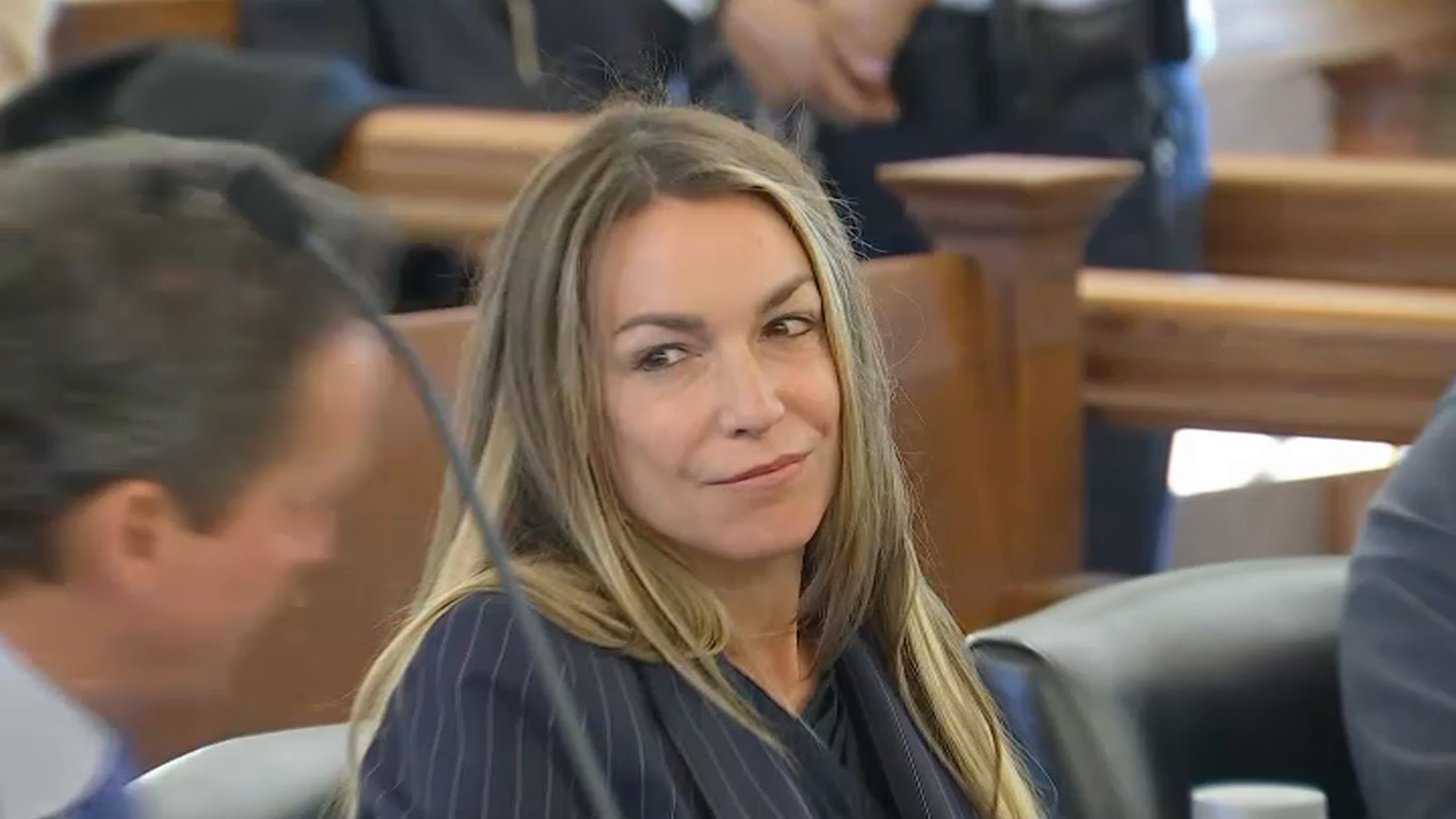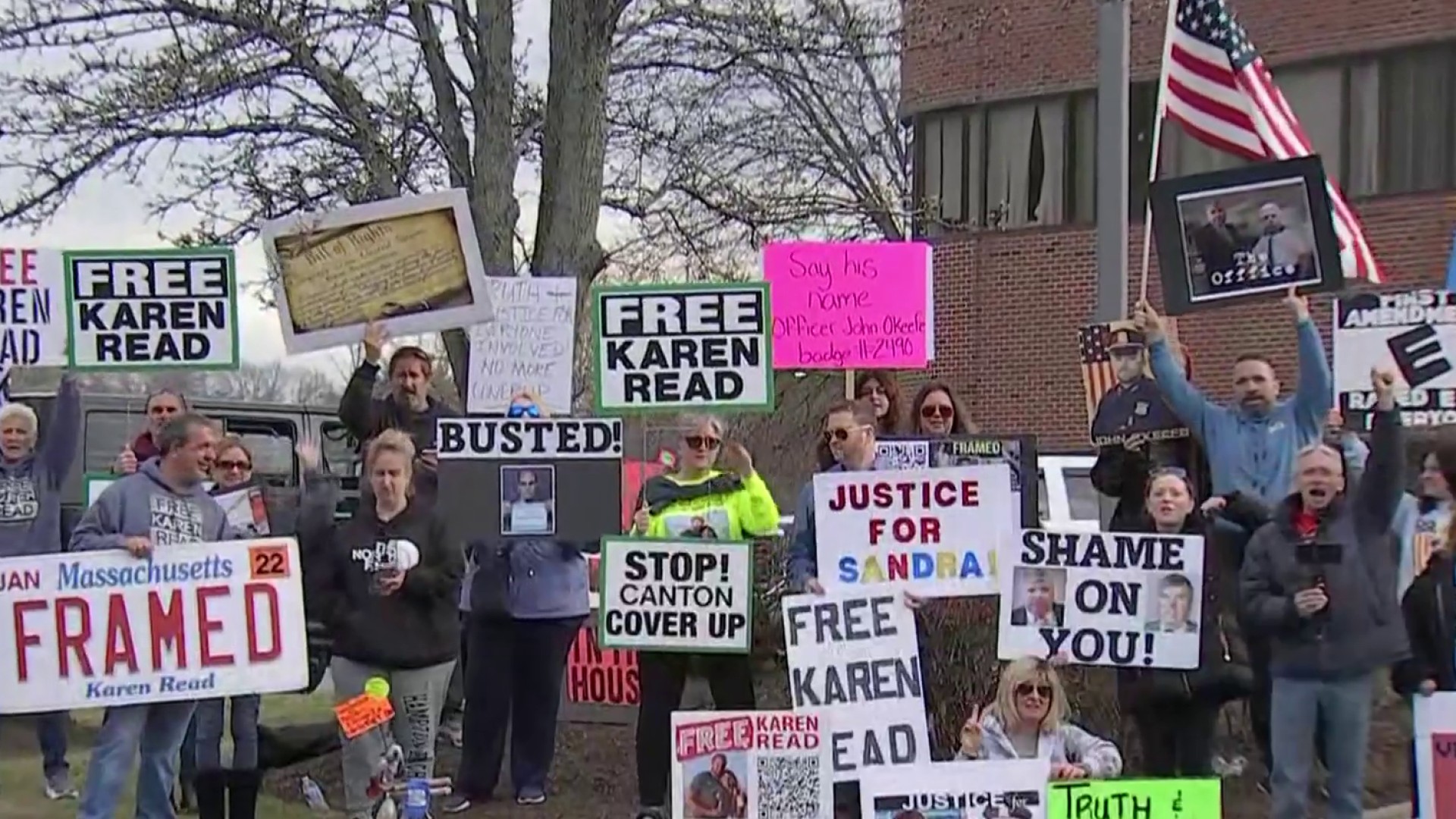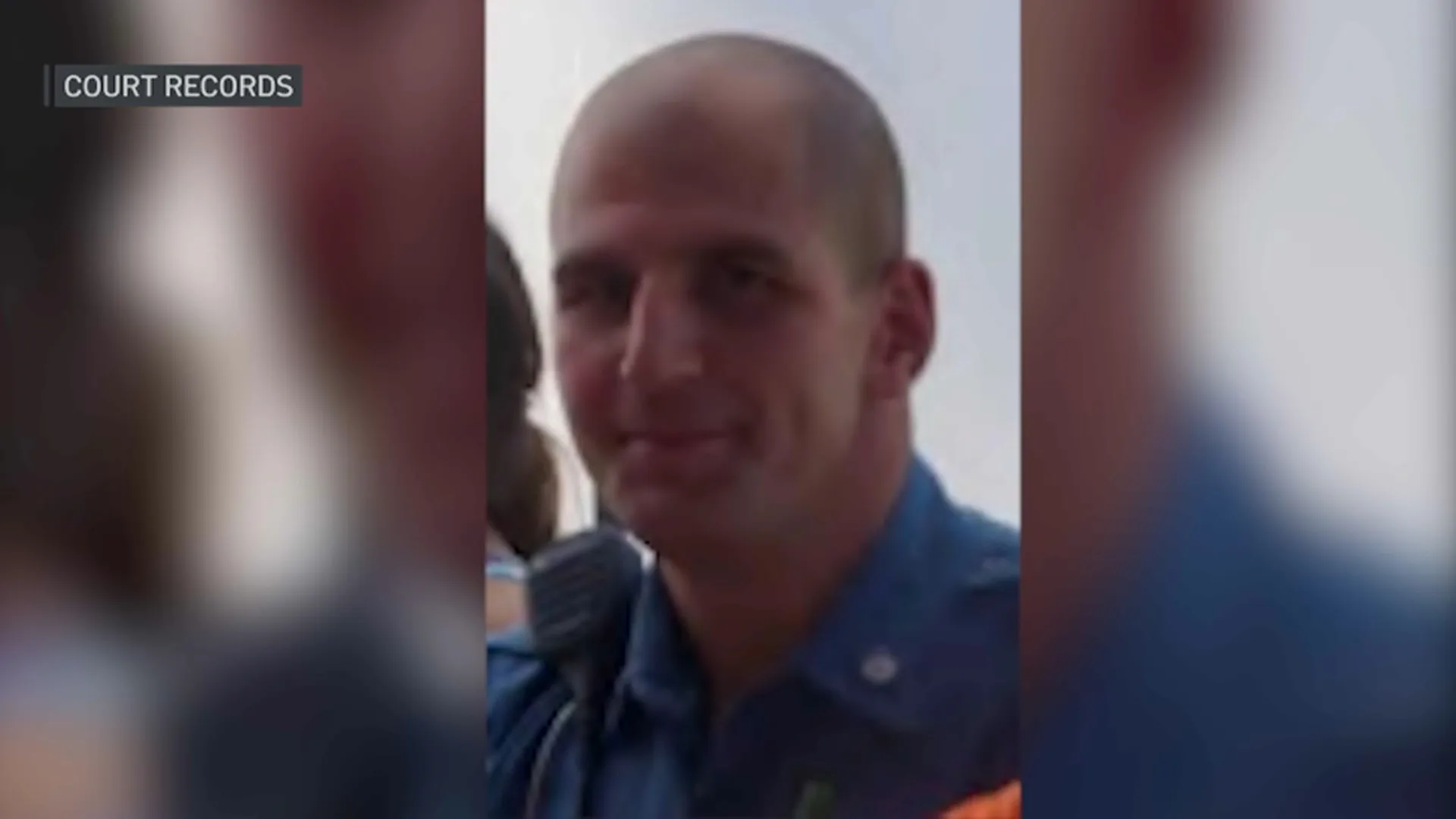We are just days until the eyes of New England turn to the courtroom for the murder trial of Karen Read, which is scheduled to begin Tuesday.
Friday marked what is expected to be the final pre-trial hearing before the trial gets underway. Both sides argued during the hearing to try and get the judge to limit or shape what information the jury is allowed to hear.
In a packed courtroom, Judge Beverly Cannone began going one by one through dozens of motions. She did not make a decision on many of the motions Friday.
Read, 44 of Mansfield, is accused of killing her Boston police officer boyfriend, John O'Keefe, in 2022. She has plead not guilty to charges of second-degree murder, manslaughter while operating under the influence of alcohol and leaving the scene of an accident, causing injury and death.
Get Boston local news, weather forecasts, lifestyle and entertainment stories to your inbox. Sign up for NBC Boston’s newsletters.
Jury selection starts in Read's case on April 16 but before that, Cannone went over nearly 40 motions Friday from prosecutors and the defense — many of them not unexpected in a trial like this one.
The more important motions -- mostly filed by the prosecution -- relate in part to DNA evidence, text messages and voicemails.
The defense is attempting to poke holes at the validity of each of those by questioning those who handled evidence, the relevancy of the evidene in relation to the timeline of events and the overall merit of those who worked on the case.
According to The Boston Globe, many of these motions were filed by the prosecution team and the notable ones deal with DNA records, Aidan Kearney or Turtleboy's involvement in this case, cell phone records and trooper Michael Proctor's involvement and history with those involved in the case — as he was the lead investigator on the case.
Cannone expressed frustration Friday that she has not received any defense motions about their intent to use a third-party culprit defense, arguing that someone other than Read was responsible for O'Keefe's death.
The Commonwealth, however, filed a motion asking the court to exclude a third party culprit defense.
Defense lawyer David Yannetti said Read's legal team does intend to use a third-party culprit defense. Yannetti said an affidavit by a forensic pathologist states that O'Keefe's injuries were consistent with being in a fight, not being hit by a car. He said three people — Brian Albert, Colin Albert and Brian Higgins — all had a motive, the opportunity and means to attack John O'Keefe.
The Commonwealth called Yannetti's arguments speculation, saying they lacked actual evidence and instead were nothing more than "fertile imagination." Judge Cannone did not rule on the Commonwealth's motion to exclude this defense Friday.
DNA evidence -- specifically the testing of a hair found at the crime scene -- was also debated Friday, with Assistant District Attorney Adam Lally saying the final report isn't expected to arrive until Tuesday, the day the trial is scheduled to begin.
Defense attorney Elizabeth Little argued that the DNA evidence should be excluded from the trial due to the "repeated and inexcusable delays," which she said at this point is sanctionable.
"The hair has been in law enforcement custody for more than two years," she said. "There's no excuse for a two-year delay."
Both sides also agreed that they were fine excluding any mention of Kearney from the trial, but Cannone said if it does wind up getting mentioned by a witness she will allow it.
Defense attorneys also argued their motion to exclude from the trial an argument that Read and O'Keefe allegedly had on New Year's Eve of 2021 while vacationing in Aruba, saying it was an isolated incident and is not related to the case.
But prosecutors said the argument was not an isolated incident, but part of their effort to show there was a pattern of disputes between the two during the course of their relationship.
The next big step will be getting a jury impaneled. Some expect as many as 150 potential jurors will be brought to the Dedham courthouse each day.
Cannone approved motions that will allow prosecutors to perform CORI check on potential jurors and will bar the defense from making any specific reference to the US Attorney’s investigation of this case.
Newly released court documents may indicate how the defense plans to poke holes in the state's case at trial, claiming the grand jury was misled while investigators lied about the involvement of certain witnesses — raising reasonable doubt without presenting an alternate theory of the murder.
This information came to light after the release of the defense's argument that Read's indictment should be thrown out — a motion Cannone has already denied. With the case going to trial, it's likely that argument will be repurposed.




